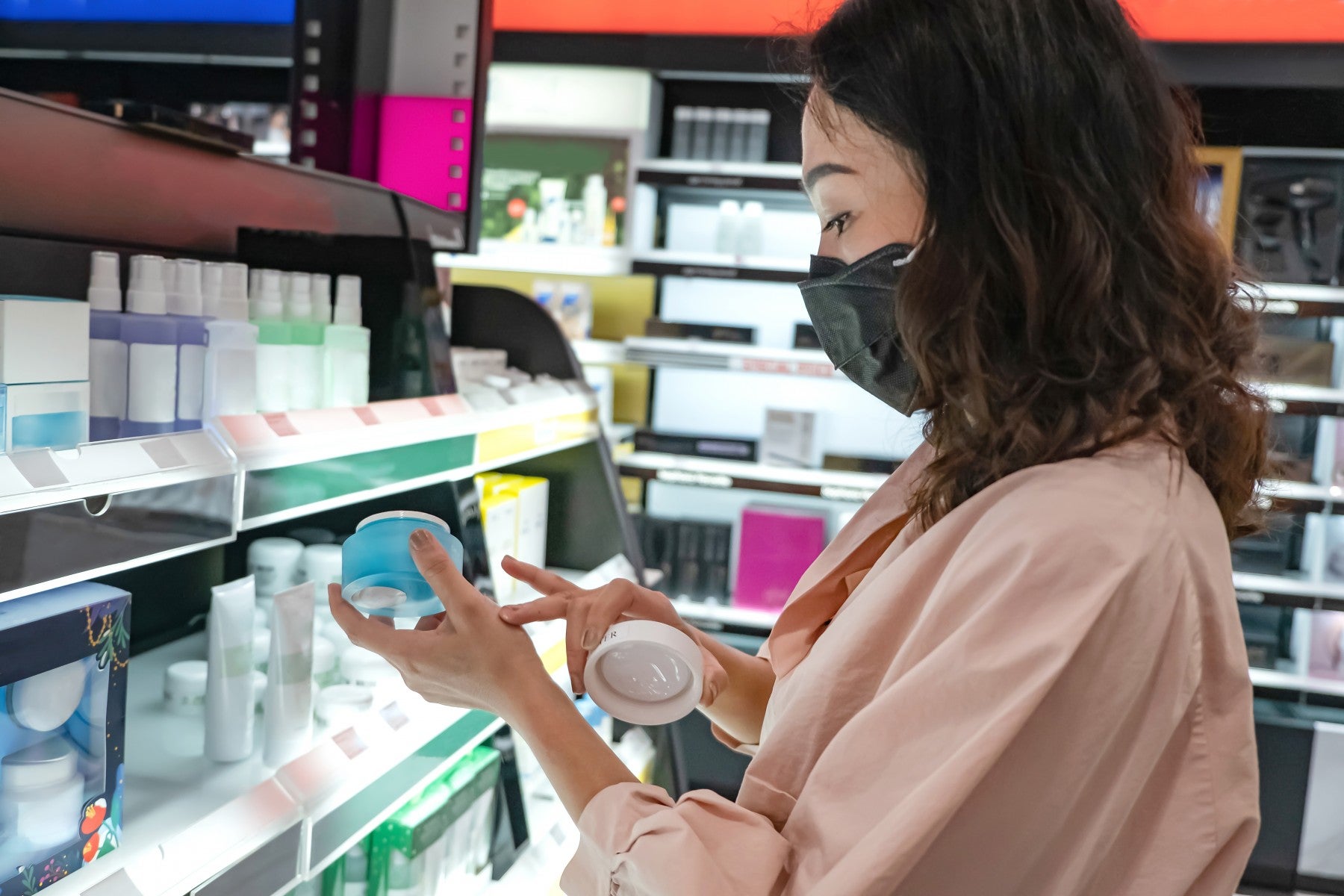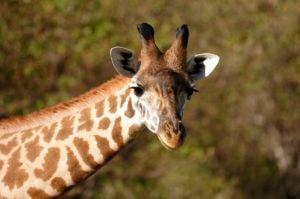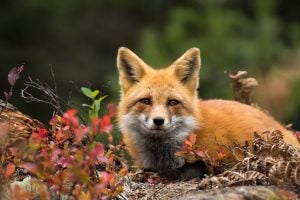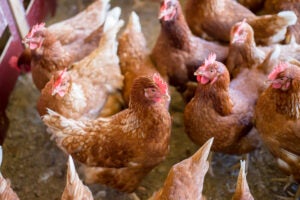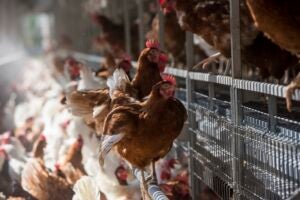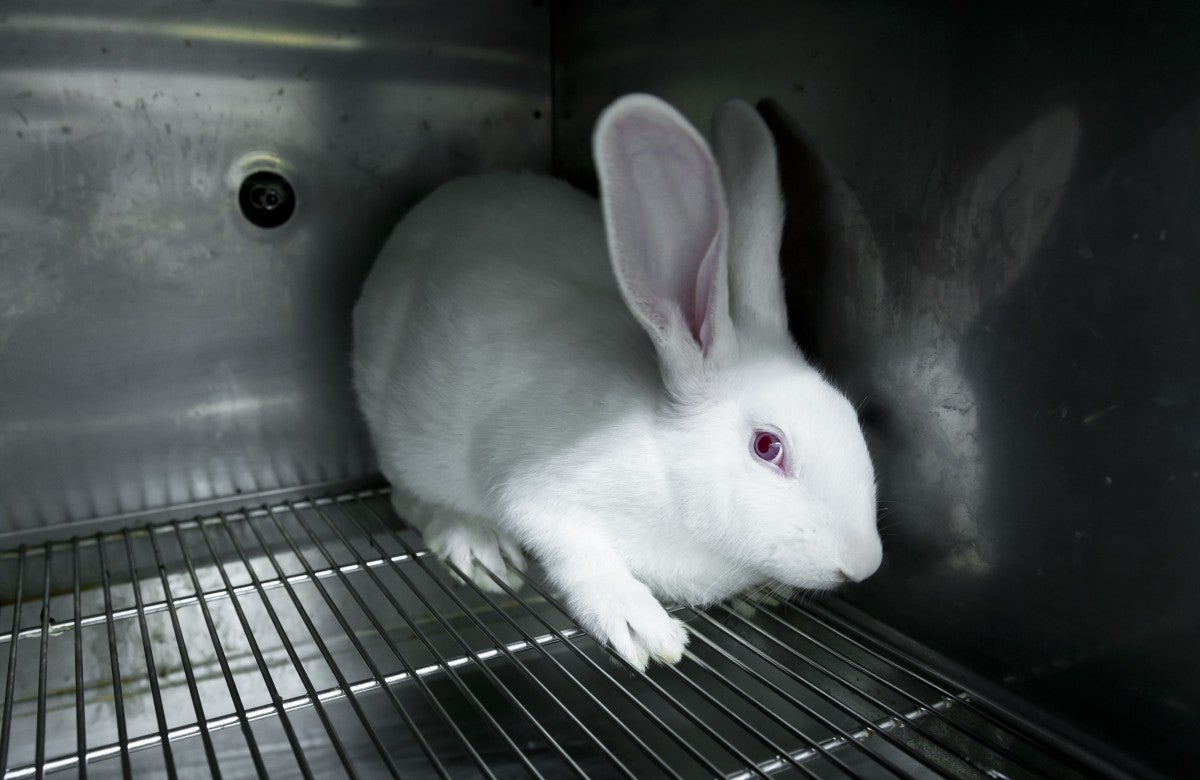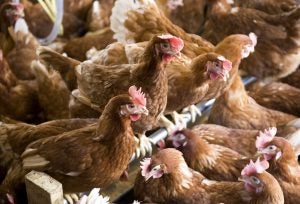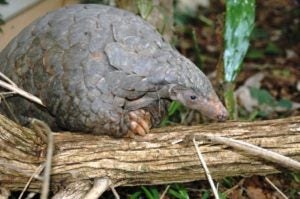
LONDON—Hollywood filmmakers and movie stars have joined forces with Humane Society International to produce a powerful stop-motion animated short film, Save Ralph, to end cosmetic testing on animals around the world. Although banned in 40 countries, the practice is still perfectly legal in most of the world, and even making a comeback in Europe, subjecting untold thousands of animals to needless suffering and death.
Taika Waititi, Ricky Gervais, Zac Efron, Olivia Munn, Pom Klementieff, Tricia Helfer and others have come together to help HSI change that by providing the voices for the Save Ralph film, which aims to shine a light on the suffering animals endure and engage the public and policy makers in HSI’s mission to ban it. Writer and director Spencer Susser (Hesher, The Greatest Showman), producer Jeff Vespa (Voices of Parkland) and production company AllDayEveryDay teamed up with the Arch Model studio of puppet maker supreme Andy Gent on the production to bring Ralph to life. The film is also being launched in Portuguese, Spanish, French and Vietnamese with Rodrigo Santoro, Denis Villeneuve, Rosario Dawson, H’Hen Nie and Diem My 9x voicing the characters in those languages, and Maggie Q providing a video message of support.
To view the short film and educational materials on the current status of animal testing and how you can help, please visit hsi.org/ralph
Troy Seidle, Humane Society International’s vice-president for research and toxicology, says: “Save Ralph is a wake-up call to European citizens and lawmakers who believe that animal testing for cosmetics is over in the EU. It’s not—it’s just been given a new name of ‘chemicals assessment’ but it’s the same old animal suffering. The decisions to perform new animal tests are coming not from companies – in fact some of the leading cosmetic and ingredient brands are furious and fighting these tests. The requirement is coming from the European Chemicals Agency which is using Europe’s chemicals law to circumvent the EU’s historic ban on animal testing for cosmetics. Regulators are demanding new chemical poisoning tests that consume the lives of thousands of animals apiece for cosmetic ingredients that have been used safely for years. Today we have an abundance of reliable, animal-free approaches for product safety assurance, so there’s no excuse for making animals like Ralph suffer in any type of test for cosmetic ingredients.”
The film features HSI’s campaign spokesbunny Ralph, voiced by Taika Waititi, being interviewed as he goes through his daily routine as a “tester” in a toxicology lab. HSI’s #SaveRalph campaign tackles the disturbing issue of animal testing in an original and unexpected way—using the story of one bunny to shine a light on the plight of countless rabbits and other animals suffering at this very moment in laboratories in Europe and around the world. It engages viewers to help ban animal testing of cosmetics once and for all.
Save Ralph director, Spencer Susser says: “Animals in cosmetic testing labs don’t have a choice and it’s our responsibility to do something about it. When the opportunity came up to create a new campaign for Humane Society International, I felt that stop motion was the perfect way to deliver the message. When you see the horrifying reality of the way animals are treated, you can’t help but look away. What I was hoping to do with this film was create something that delivers a message without being too heavy handed. I hope that audiences fall in love with Ralph and want to fight for him and other animals like him, so we can ban animal testing once and for all.”
Puppet master and set designer, Andy Gent says: “I think the beauty of animation is that you can tell very complex stories and bring them to life in a non-threatening and educational way. In our miniature world of models and puppets using stop motion filmmaking we hope to bring attention to this mission to stop animal testing for cosmetics. We’re all very passionate about what we do, and it’d be very nice to think that this project to Save Ralph will have a greater, wider effect.”
Taika Waititi tweeted ahead of the launch: “This is a cool thing that is coming soon. If you don’t watch it and love it then you hate animals and we can’t be friends anymore. #SaveRalph.”
Ricky Gervais says: “Animal testing just makes me angry. There’s no justification for dripping chemicals in rabbits’ eyes or force-feeding them to rats just to make lipsticks and shampoo. Science has evolved enough to give us non-animal solutions to end this terrible cruelty—it’s time for our humanity to catch up.”
Tricia Helfer says: “I have been an animal lover for many years so I am honoured to lend my voice to this important, moving HSI campaign to end the cruelty of animal testing for cosmetics. Although we have made progress in some countries, globally there are still thousands of innocent animals just like Ralph who are made to suffer every day. Now is the time to change that.”
On the global stage, the campaign is focused on 16 priority countries including Brazil, Canada, Chile, Mexico, South Africa, and 10 Southeast Asian nations, and our partner organizations, the Humane Society of the United States and Humane Society Legislative Fund, are focused on legislation in the U.S. Save Ralph will shine a spotlight on all these countries, driving them toward the cruelty-free future that the public and consumers expect.
Fast facts:
- The European Union banned all animal testing for cosmetics in 2013, yet today this celebrated precedent is being undermined by European Chemicals Agency demands that companies perform new animal tests on chemicals used exclusively in cosmetics. Read more here.
- In some parts of the world, rabbits like Ralph are locked in neck restraints and have cosmetic products and ingredients dripped in their eye and on to the shaved skin on their back. Guinea pigs and mice have the chemicals spread on their shaved skin or on their ears. None of these animals are given pain relief, and all of them will be killed at the end.
- Cosmetic testing on animals is officially already banned in 40 countries. HSI and partners were instrumental in securing bans in India, Taiwan, New Zealand, South Korea, Guatemala, Australia and 10 states in Brazil. Such testing is also banned in Turkey, Israel, Norway, Iceland, Switzerland, and in the U.S. states of California, Illinois, Nevada and Virginia. Five other U.S. states – New Jersey, Maryland, Rhode Island, Hawaii and New York – are now considering similar bills to end animal testing of cosmetics, and a federal bill called the Humane Cosmetics Act is anticipated to be reintroduced in the Congress this year.
- More than 2,000 “cruelty-free” beauty brands are available worldwide, including Lush, Garnier, Dove, Herbal Essences and H&M. These companies produce safe products by using ingredients with a history of safe use together with modern animal-free safety assessment tools. No single global shopping guide yet exists, but HSI recognizes LeapingBunny.org, BeautyWithoutBunnies and Logical Harmony as useful resources.
- HSI warns that even cruelty-free cosmetics are in jeopardy if chemical safety legislation continues to demand new animal tests for chemical ingredients used exclusively in cosmetics. That’s why the #SaveRalph campaign prioritizes getting test bans in place and robustly defended.
- In addition to pursuing legislative bans, HSI and our partners are collaborating to develop a training program in animal-free safety assessment to support smaller companies and government authorities transition from animal testing to state-of-the-art non-animal methods, which are readily available and better at assuring human safety than the animal tests they replace.
Media downloads:
ENDS
Media contact: Wendy Higgins, director of international media: whiggins@hsi.org

